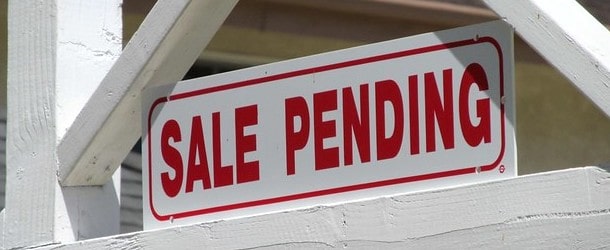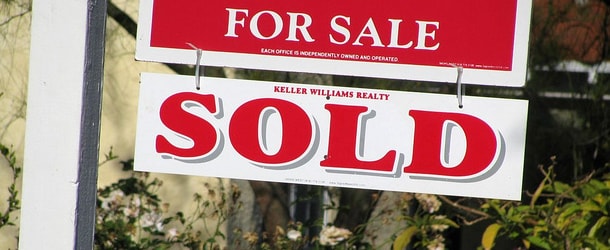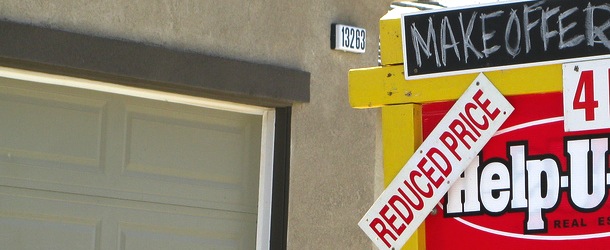Home Buying
Helpful, actionable tips for prospective home buyers navigating today’s complex and competitive housing market.
Better understand current buying conditions, financing trends, and discover the newest loan programs and special offers available.
It’s not easy buying a home, especially in today’s market, but knowing your local housing market’s temperature, along with the mortgage basics, should make thing a little easier.
If you’re unsure whether to rent or buy a home, read that in-depth article.
There’s a lot that goes into homeownership. And you might have overlooked some costs, whether it’s property taxes, homeowners insurance, or maintenance and unexpected repairs.
It’s a big decision, so put in the time and research before you dive in!









